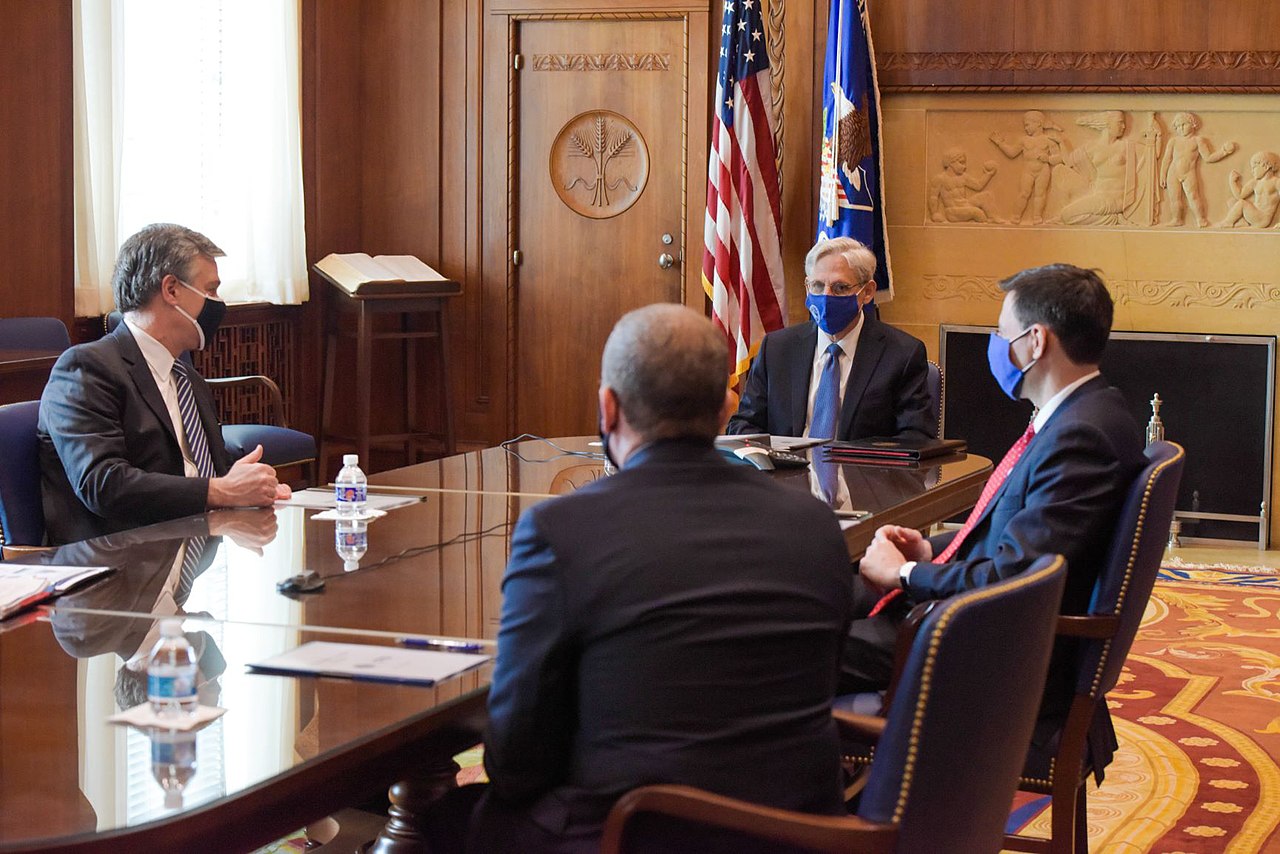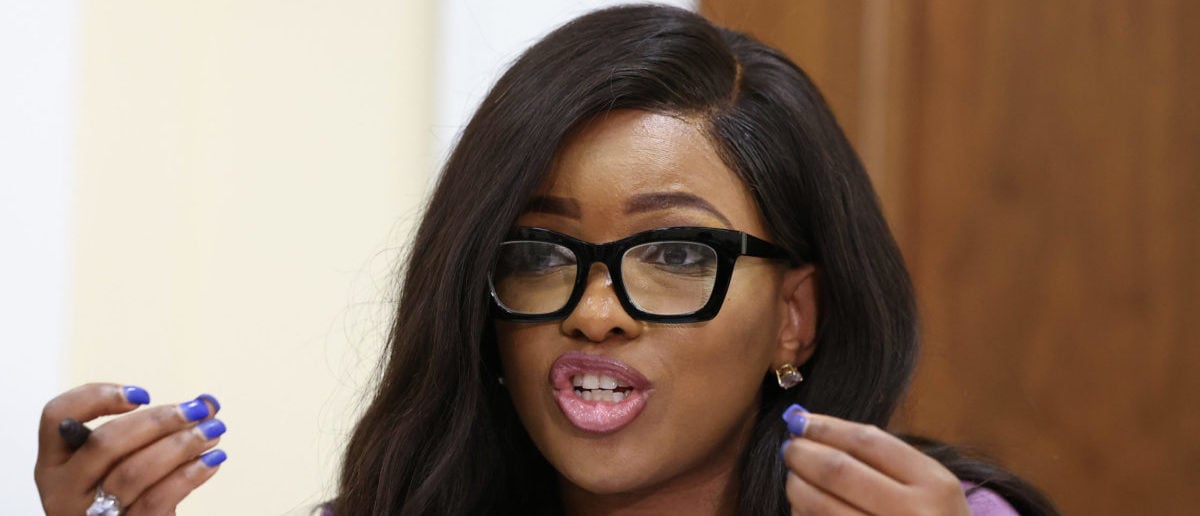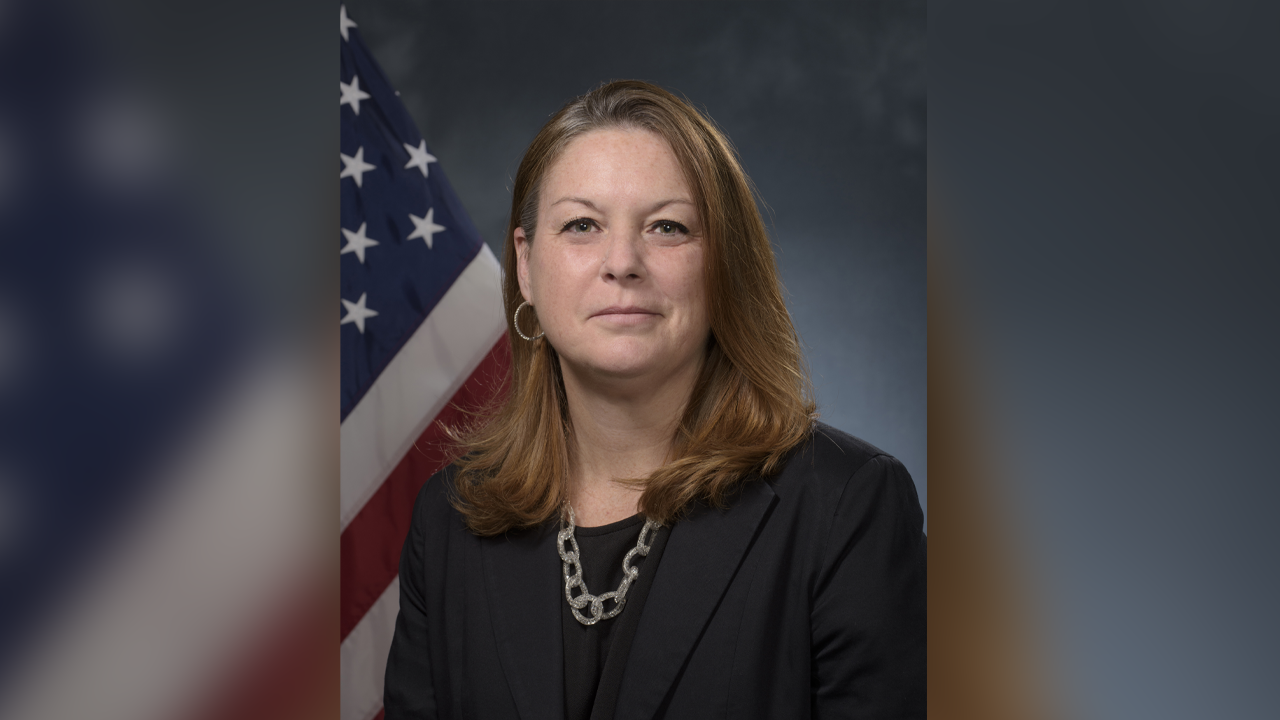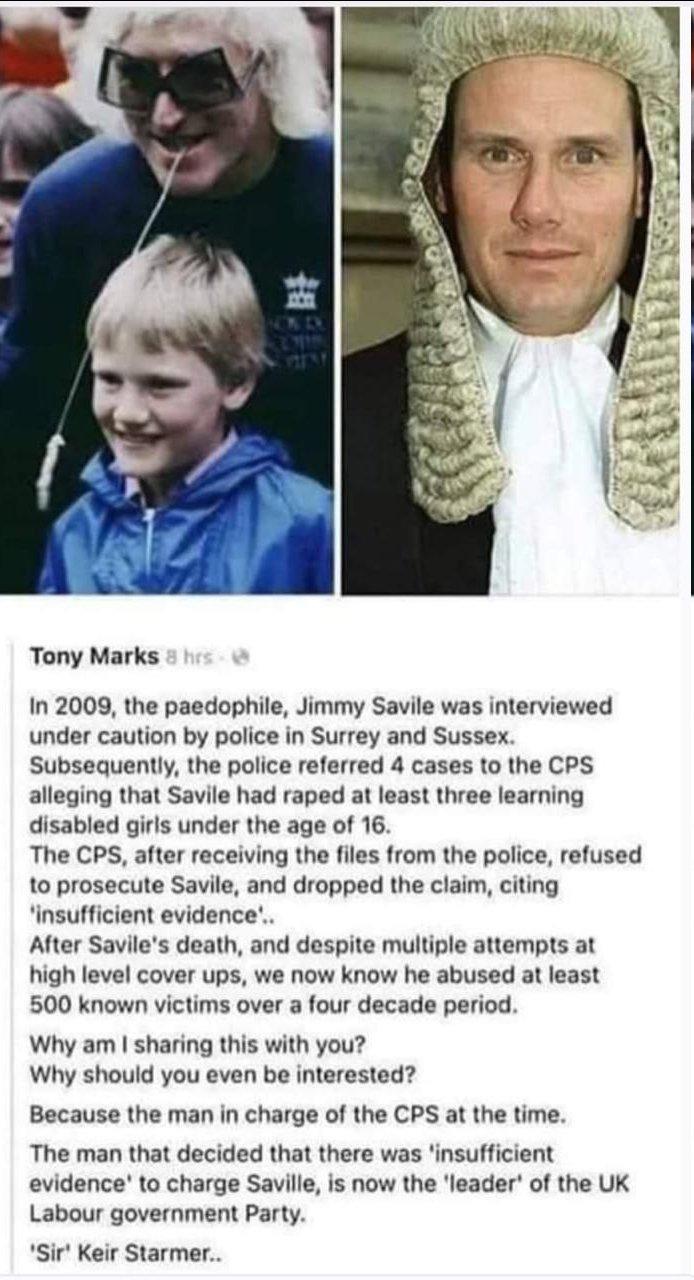Join the Hide community
Get access to live stream, lessons, the post exchange, and chat with other snipers.
Register
Download Gravity Ballistics
Get help to accurately calculate and scope your sniper rifle using real shooting data.

Install the app
How to install the app on iOS
Follow along with the video below to see how to install our site as a web app on your home screen.
Note: This feature may not be available in some browsers.
You are using an out of date browser. It may not display this or other websites correctly.
You should upgrade or use an alternative browser.
You should upgrade or use an alternative browser.
PortaJohn
- Thread starter Lowlight
- Start date
-
- Tags
- sniper's hide
Gonna cause issues with the Three gorges Dam? We are still waiting.

Garland And Wray Can't Be Involved In The Assassin Investigation
The U.S. attorney general and FBI director, and their D.C. staff, must recuse from every investigation into Trump's assassination attempt.
asgh?

 dailycaller.com
dailycaller.com

EXCLUSIVE: State Reps Demand Resignation From Congresswoman Who Went After Trump’s Secret Service Protection
Texas state representatives are demanding Jasmine Crocket resign over her bill to strip Donald Trump of his Secret Service protection
Fuckin BOSS!
"YADA DADA DA....HE'S THE MOTHUH FUCKING JUNYA DJT!!"
D DAWG!
Looks like "Mitch da Bitch" had a DEI body guard next to him, all 4'10' of her!
Welp... Ever wonder what career suicide in 4K looks like?
Less than 4 minutes after posting this, Anon linked this guy to his company and brought the Internet to him. Now they are indefinitely closed and his poor family reportedly had to leave their house and stay in motels out of fear of "curious sightseers"... LOL

NICE YELP REVIEWS YOU GOT BUDDY...
Less than 4 minutes after posting this, Anon linked this guy to his company and brought the Internet to him. Now they are indefinitely closed and his poor family reportedly had to leave their house and stay in motels out of fear of "curious sightseers"... LOL

NICE YELP REVIEWS YOU GOT BUDDY...
Coming to an American neighborhood near you.
Men should start asking Party affiliation...........i used to respect australians, but ever since they cucked to the clotshots, i am not surprised.

Young woman left in tears by despicable act on a tram
A young woman has recalled the disgusting behaviour she was forced to endure from a stranger while catching a tram in Melbourne.www.dailymail.co.uk
Dems = you get what you vote for
R's = Ok, I'll help
saw another clip that looked like the police setting fire to their own squad car...presumably to blame on the locals.Coming to an American neighborhood near you.
I HEAR......they should quit tossing styrofoam, unless it's in a bottle, with some petrol.. I hear the budget is short and the cops needs lots of petrol.
I would never condone violence.. violence never solves anything. ask anyone who signed the declaration of independence.
Founding fathers simply asked George to pound sound..
George said, I'm bringing violence. Fathers said.. as you wish
saw a gathering today in my neighborhood..
about 15 vehicles and an 'response' vehicle similar to one of these..(see pic)
hmmm
All unmarked, even the patrol cruiser SUV

FYI , for the glowies monitoring the thread ..- I support my government and all local and Federal agencies.
about 15 vehicles and an 'response' vehicle similar to one of these..(see pic)
hmmm
All unmarked, even the patrol cruiser SUV

FYI , for the glowies monitoring the thread ..- I support my government and all local and Federal agencies.
Last edited:
people thought a**holes can't speak. Judge applies Constitution.. commies get upset
Weissmann: This Is an ‘Opportunity for the 11th Circuit to Remove Judge Cannon’
Security is tight..
tight like 3 DEI agents going for the last donut tight?
or
two hands in Mitch's anus trying to clap tight?
tight like 3 DEI agents going for the last donut tight?
or
two hands in Mitch's anus trying to clap tight?
I’m just gonna put it out there: how many of these RINOS who actually detest Trump will be using his ear shot to garner votes for themselves? The number ain’t zero.Security is tight..
tight like 3 DEI agents going for the last donut tight?
or
two hands in Mitch's anus trying to clap tight?
Taking pointers from Joe!
Seriously? That's a "her"?
Name one person that has taken responsibility in 4 years.
Stu Scheller list his career asking for this.
230 mil people signed a pledge asking for this.
Crickets.
Edit/Add mil = military
Last edited:
230mil? Got a reference for that number?Name one person that has taken responsibility in 4 years.
Stu Scheller list his career asking for this.
230 mil people signed a pledge asking for this.
Crickets.
Just to satisfy my curiosity please.
Mil = military230mil? Got a reference for that number?
Just to satisfy my curiosity please.

Secret Service director: Trump rally shooter was identified as 'potential person of suspicion'
The director of the Secret Service says Thomas Matthew Crooks had been identified as a "potential person of suspicion" before the Trump rally shooting.
Stupid lesbian running the Secret Stupids said the steeple sloping roof of that building made it utterly unsafe for one of their sissies to climb onto or be on top. So they intentionally left it exposed.
In classic commie media fashion no one asked her about the steeple sloping roofs her friggin snipers were set up on. What a clown show.
And they're saying this NGO is child sèx trafficking into the United States of America inside a Guatemala and they are traveling and facilitating the transportation of child sèx trafficking into Texas. Look the media won't even touch it.What did Joe Biden do in Ukraine?He went after that AG and got him fired.Guess what he's doing? He just called down there and had a presser and said to the Guatemalan president ‘I want those two people fired for corruption.’”
Similar threads
- Replies
- 1
- Views
- 392



